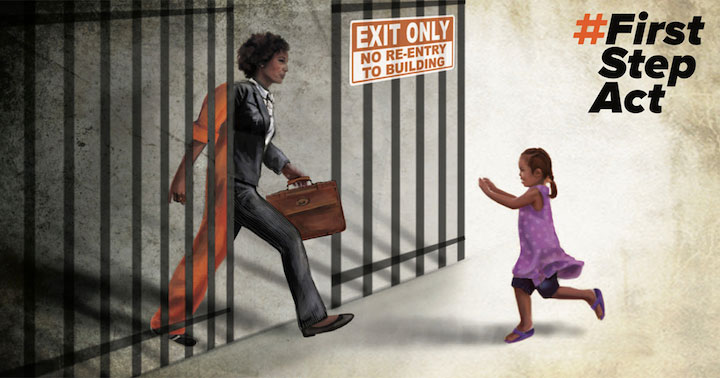
The FIRST STEP Act is now law, but how will it affect America’s incarcerated? And what are our next steps?

The FIRST STEP Act is now law, but how will it affect America’s incarcerated? And what are our next steps?
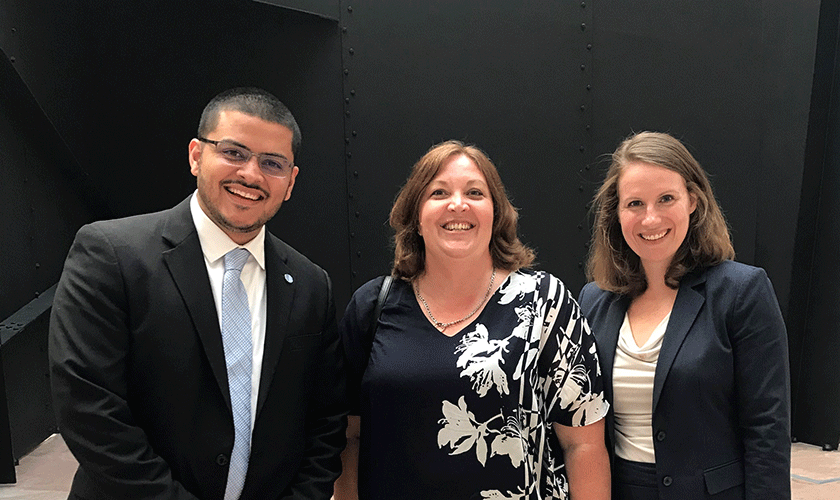
President Trump Signs the FIRST STEP Act into Law, Ushering in a New Era of Criminal Justice Reform
by Emily Greene
"My house is too quiet," Beth Strong says. "I struggle to make ends meet. Every weekend, I travel several hours each way to see my husband during visitation hours.
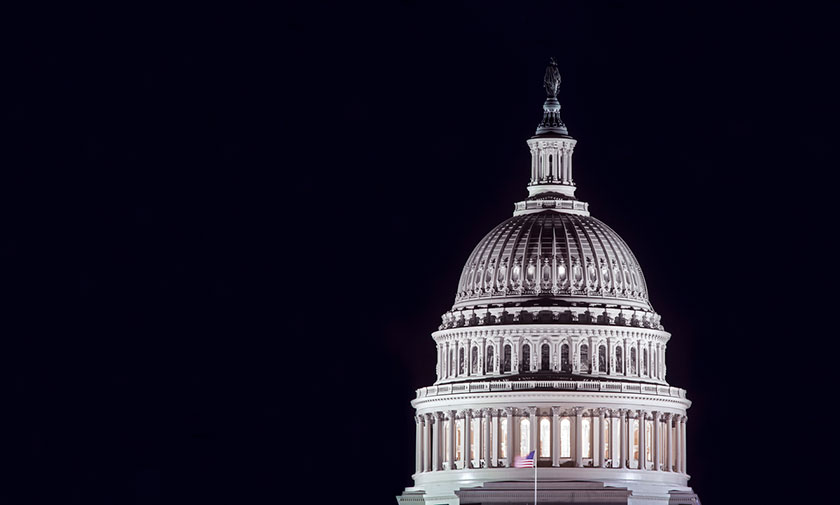
During his first State of the Union address, President Trump declared that former inmates who have served their time deserve a second chance. America is ready for prison reform, but will Washington act?
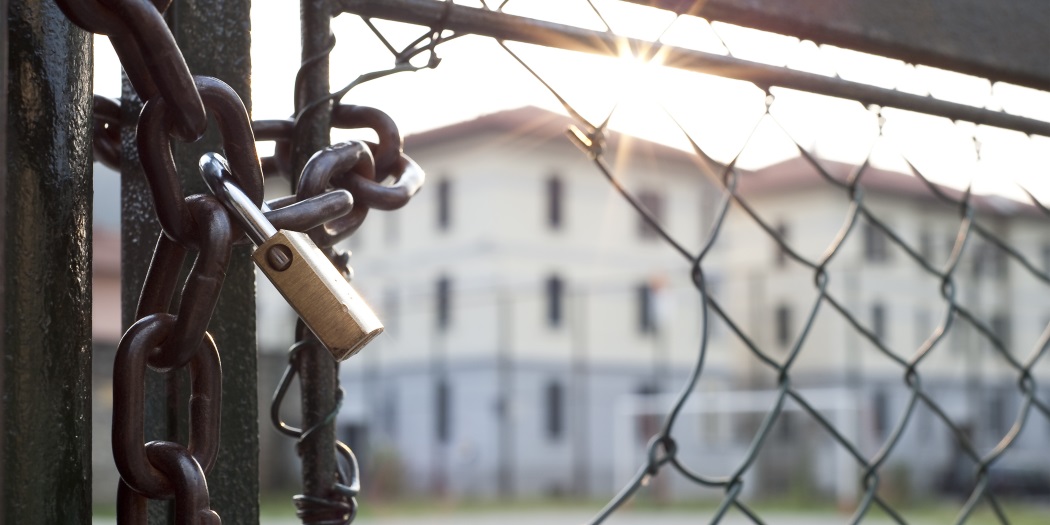
A new criminal justice reform organization recently surveyed 800 people who have been the victims of violent or property crime in the last 10 years, asking them their opinions on issues surrounding incarceration and alternative sentencing. The answers received reveal quite a bit about the depth of support for justice reform.

Efforts to bring about criminal justice reforms on the federal level have hit upon a bit of a rough patch in recent weeks. With the focus in Washington shifting toward the general elections in November, some members of Congress have determined that maintaining a “tough on crime” approach to criminal justice is beneficial to their reelection efforts, while others have opted to back-burner the issue until their campaigns have concluded.
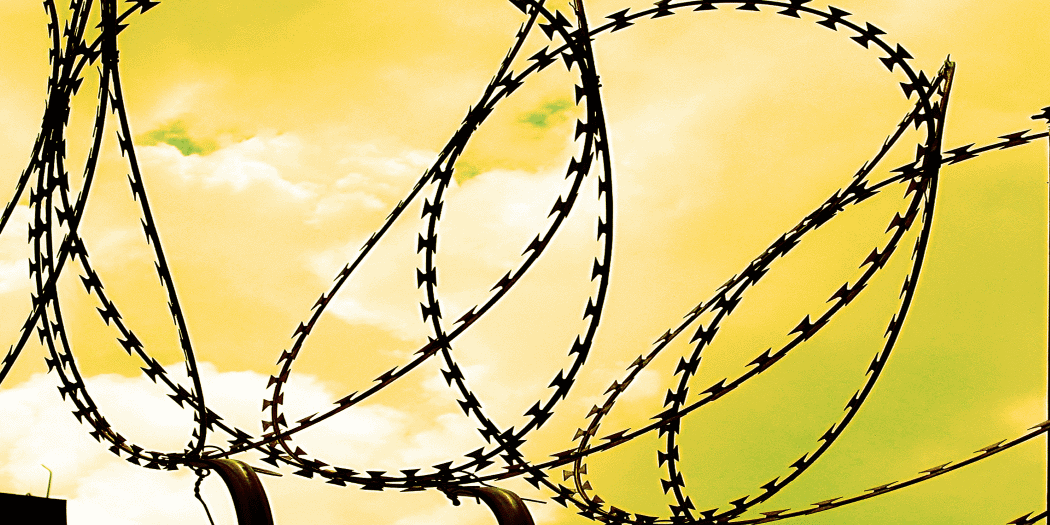
Prisons, encircled by high walls topped with razor wire, seem to be closed worlds.
It’s easy to keep them out of sight and out of mind. Since prisons are so remote from most people’s daily lives, it can be difficult to recognize the humanity of the men and women inside and to value their rehabilitation and restoration.

"Many of us, and I am one of them, firmly believe that you cannot just lock people up and incarcerate them and expect their substance abuse issues to go away. It's just not working anymore," admitted Massachusetts District Court Justice Mary Heffernan in a recent feature by The Marshall Project on sentencing alternatives for female addicts.
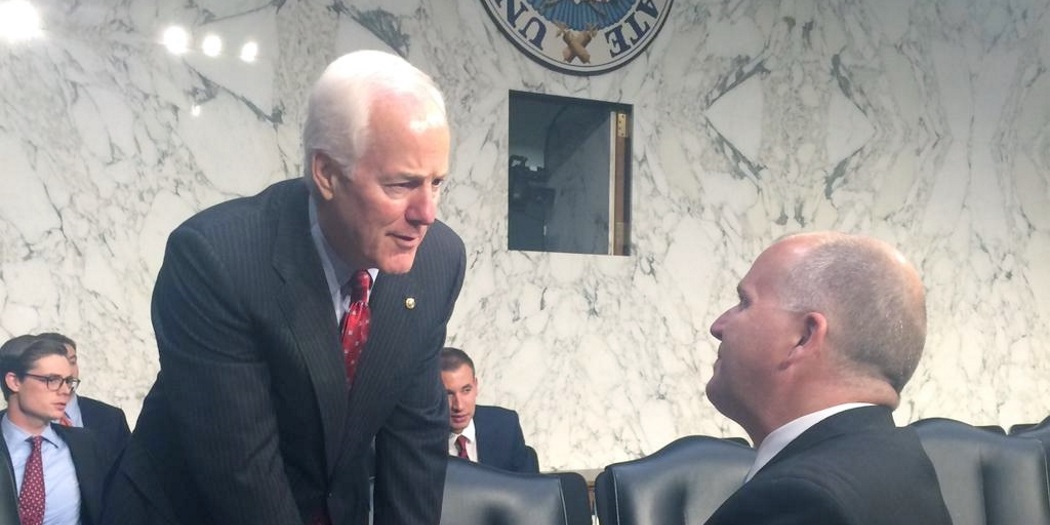
UPDATE: The Senate Judiciary Committee passed the Sentencing and Corrections Act of 2015 on October 22 by a vote of 15 to 5. The bill now advances to the full Senate for approval. To contact your Senator to encourage their vote in support of the legislation, click here.
The following post originally appeared on the Justice Fellowship website. To learn more about Justice Fellowship and its efforts to reform the criminal justice system, visit www.justicefellowship.org.
If movie stars and rappers can put together a loud call for just laws and smart sentencing practices, why can’t Christians get more mobilized?
A new report finds that there has been a significant narrowing of the racial disparities in prison population. That is welcome news to PFM. Racial disparity in prisons is obvious the minute you enter a correction facility. There is no denying it.
Are Americans spending too much to maintain and expand a bloated corrections system that all too often has its inmates returning to prison shortly after their release? In a September 28 editorial for the Detroit News, Justice Fellowship Director of External Affairs Craig DeRoche says “yes,” using the current state of affairs in Michigan as an example.
Restoration Partners give monthly to bring life-changing prison ministry programs to incarcerated men and women across the country.
JOIN NOW